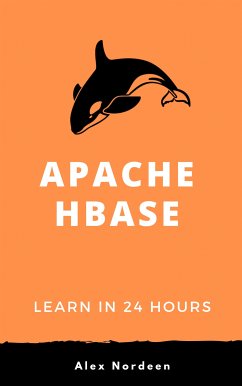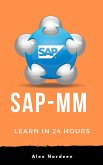In this edition, you will begin with some very basic concept like HBase's architecture, including the storage format, write-ahead log, background processes, and some of the advance topics. You will also learn about accessing HBase with native Java clients, how to tune clusters, design schemas, copy tables, etc.
So far if tracking other resources for HBase have disappointed you, you must try this e-book. It is cheap, easy to comprehend and concise in its content. The examples and images are an additional benefit of this book. While to enhance your knowledge pool for related topics, more referrals and links are provided.
Table content
Chapter 1: Introduction
Chapter 2: Architecture, Data Flow, and Use cases
Storage Mechanism in Hbase
HBase Architecture and its Important Components
Data flow in HBase
HBASE vs. HDFS
Chapter 3: Installation Guide
How to Download Hbase tar file stable version
Hbase - Standalone mode installation
Hbase - Pseudo Distributed mode of installation
Hbase - Fully Distributed mode installation
Chapter 4: Shell and General Commands
General commands
Tables Managements commands
Data manipulation commands
Cluster Replication Commands
Chapter 5: Handling Tables
Creation of Table with Rows and Column names
Placing values into tables and retrieving values from table
Retrieving Inserted Values in HBase shell mode
Chapter 6: Limitations, Advantage & Problems
Chapter 7: Troubleshooting
Dieser Download kann aus rechtlichen Gründen nur mit Rechnungsadresse in A, B, BG, CY, CZ, D, DK, EW, E, FIN, F, GR, H, IRL, I, LT, L, LR, M, NL, PL, P, R, S, SLO, SK ausgeliefert werden.









